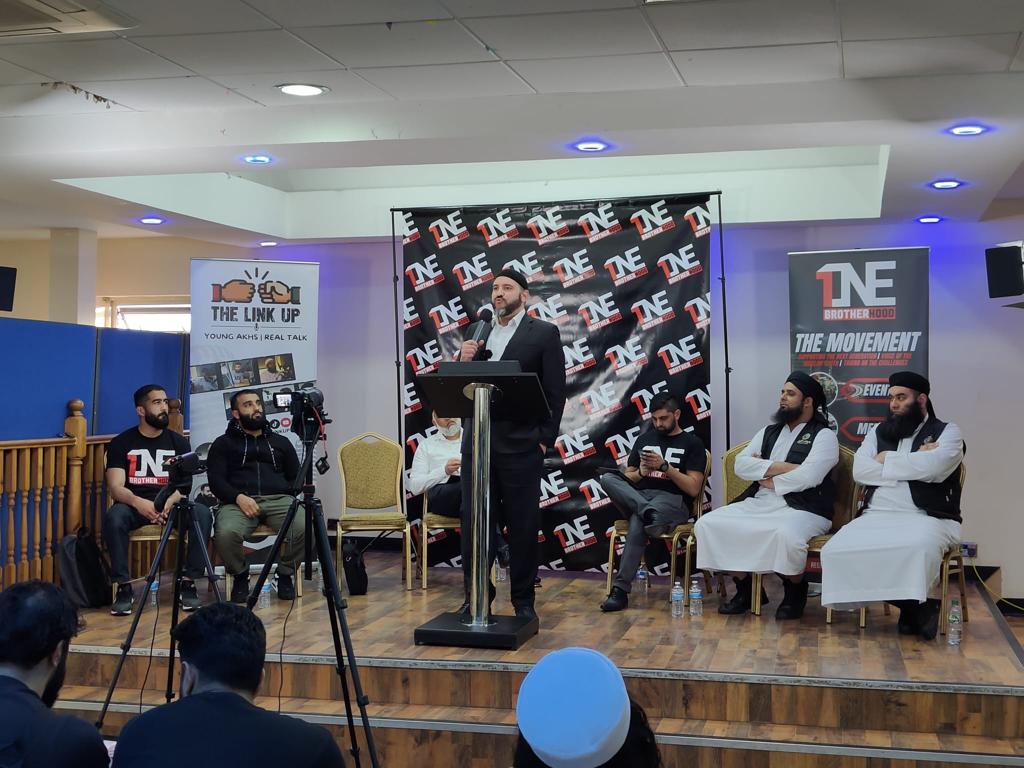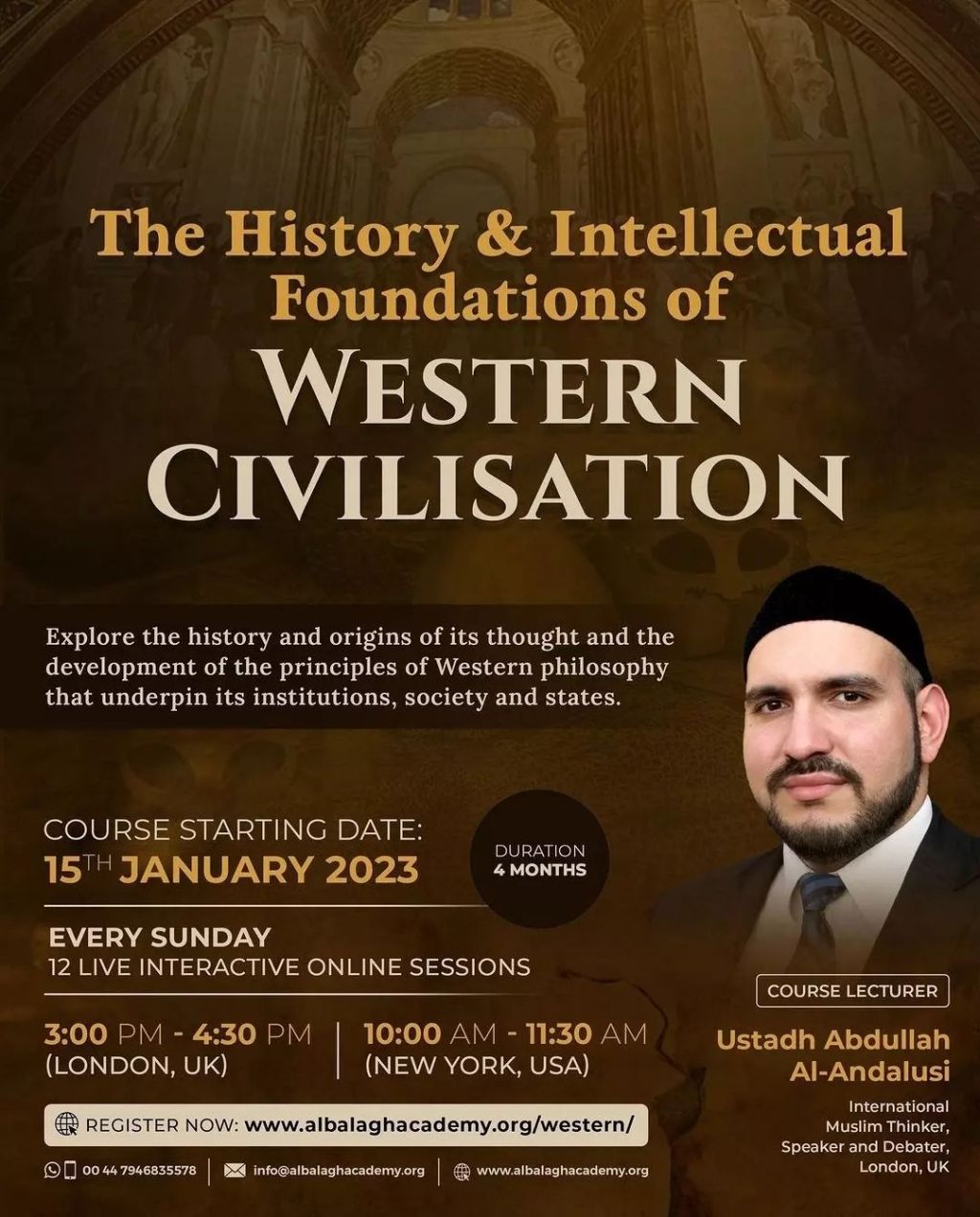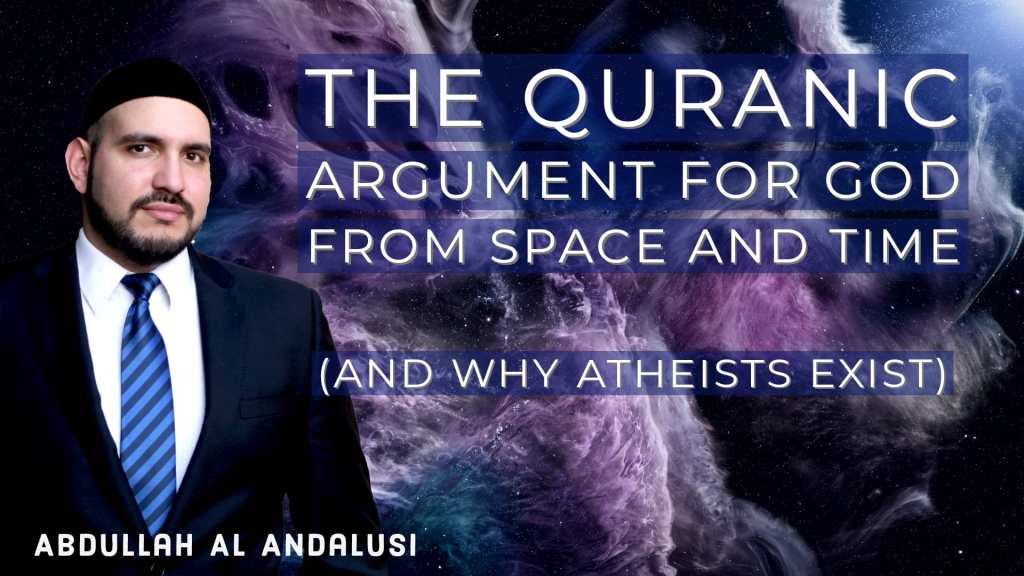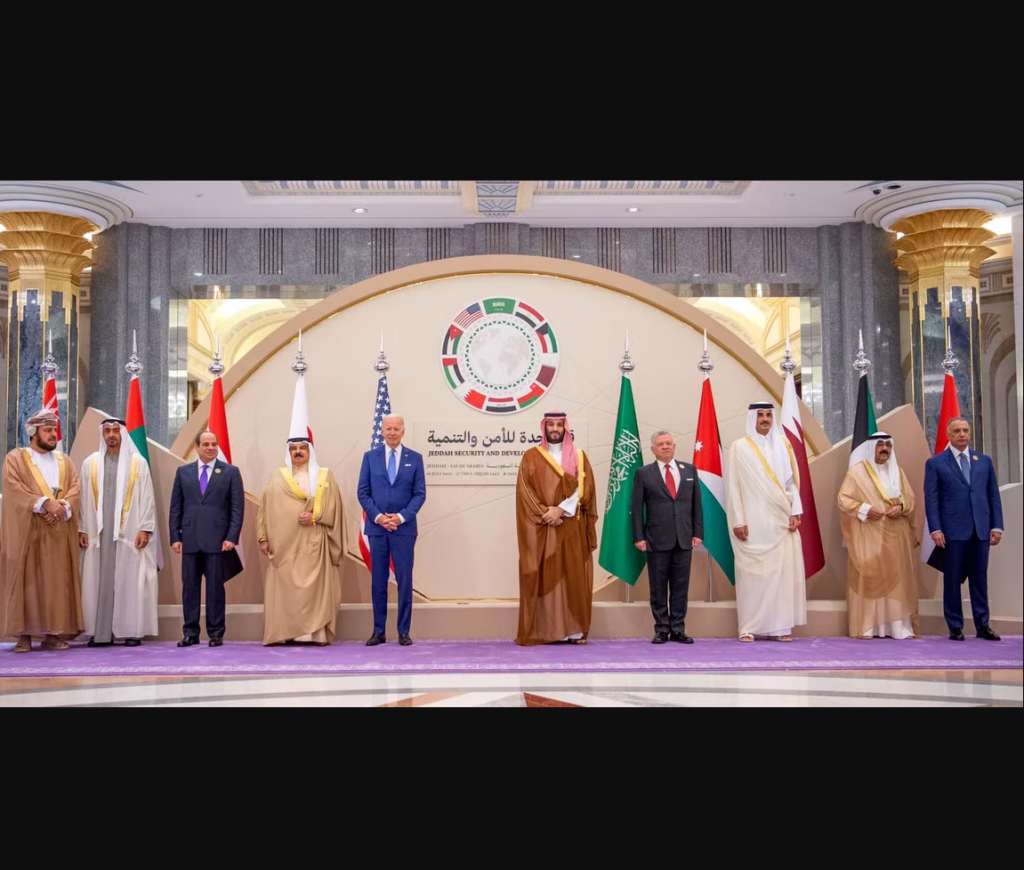The following is a transcript of the summary of key points from the video of my lecture on Islam & Slavery, presented on 24th March 2017, SOAS, UK. Please see the video for a fuller explanation and detailed evidences.
1st key point:
Islamic Laws Do not Match Pre-Islamic or ‘Post-Enlightenment’ European Laws on Slavery
The practice of slavery in ancient and post-enlightment Europe, considered slaves to be fully owned by their masters, as property. An example of this, was that slave owners (i.e. ‘masters’) were allowed to beat slaves at whim, and put them to work on whatever task they were called on to perform, no matter how dangerous or burdensome, as the slaves were considered property, and in their legal systems, they had the right to dispose of their ‘property’ in whichever way they desired.
The treatment of slaves permitted by the laws in such systems, arose because these laws generally considered slaves to be objects and not people. This meant that slaves could generally be treated with no regard to their dignity or humanity, and certainly not regarded as equal to their owners. Slaves could be acquired by a number of means, and even citizenship was no protection from being enslaved.
Islam, however transformed the [ancient] institution of slavery such that it abolished the ownership of people by other people, as the Islamic concept of Tawhid (monotheism) declared that everyone is exclusively the property of God, and so no one can take ownership of someone’s body away from God [who created it].
Consequently, Islam transformed former slave owners (masters) into responsible bosses or patrons (‘sayids’) instead, and former slaves into (indentured) servants or workers with a legal obligation to provide economic activity for their bosses in return for food, board (housing) and clothing equivalent to what their bosses would wear. Patrons were prohibited from hitting or striking an indentured servant/worker at whim. The cost of doing so, would be to release the servant/worker from their bond to the patron.
Indentured servants, under Islamic law, had the right to a hearing in court and could seek legal redress for injustices done to themselves (something not permitted in other legal [non-Islamic] systems, as slaves were considered ‘property’ and not ‘persons’ and generally couldn’t be represented in court). Indentured servants could demand respectful treatment and EQUAL provision of clothing and respect to their patrons. Indentured servants/workers had workers’ rights and could not be overburdened, or made to do dangerous tasks, or be forced to be a soldier.
These features demonstrate that unlike previous and subsequent legal systems that permitted slavery, Islam considered all humans, including indentured servants, to be people and not objects.
Islam prohibited putting any free person into indentured servitude, even if they were criminals [or debtors]. Only those who were captured whilst they were actively engaged in battle or waging of war were deemed eligible for indentured servitude if the authorities deemed no other better option was available, like release on parole, prisoner exchange or ransom.
Islam instituted a number of legal and spiritual inducements to release people who were indentured servants/workers, either by the state paying a part of wealth tax (‘Zakah’) to patrons as compensation to release workers/servants, or by encouraging Muslims to release them as an act of personal expiation for sins.
What becomes clear from all this, is that the Islamic treatment of indentured servants was completely unlike any system of slavery that had existed before and after. Islamic laws simply do not fit any models of laws on slavery from any other civilisation.
Therefore, the Islamic call to Tawhid, as well as the treating of Indentured Servants as humans and persons, not objects, recognised as such under the law, showed that Islam effectively abolished slavery of man to man.
Key Point 2:
(International agreements between) Western countries and the founders of Political Philosophy of Secular Liberalism do, and did not, consider compelled labour – by itself – to be Slavery
The founder of Secular Liberalism, the dominant Ideology in the West today, John Locke, considered the practice of indentured servitude in Jewish Law to not be slavery since he argued that a patron could not arbitrarily kill his servants at whim. This meant that the patron was not the true owner of the servant’s body, and therefore the servant was only doing ‘drudgery’ (forced labour), and was not a ‘slave’.
John Locke considered Jewish Laws on servants not to be slavery. Therefore he would’ve considered Islamic law, which gives more rights to Indentured Servants, also not to be slavery either.
In 1833, the British Empire transformed the status slaves into ‘apprentices’ who had some legal rights but not rights to respect or equal provision, and were still obligated to work for their former masters for six years. Their masters were now called their ‘bosses’. The British Empire compensated all former slave owners for this process, so none lost out in money. This they called the formal ‘abolition of slavery’
After the abolition of slavery, the British Empire used indentured servitude, mandatory apprenticeships, coerced labour for workers and prisoners until 1948. Britain saw no contradiction between Indentured servitude and the ‘Abolition of Slavery’.
The British Empire saw no contradiction between Indentured servitude (and ‘apprenticeships) and the ‘Abolition of Slavery’.
In 1863, the USA enacted the 13th Amendment, which abolished enslavement of all people, except prisoners. Prisoners in the USA can be made to do coerced labour or face punishment such as solitary confinement.
The U.S. called this the ‘Abolition of Slavery’.
The 1949 3rd Geneva Convention (section 3) permits States to ‘compel’ captured prisoners of war (POWs) to do work for their captors.
This international Convention, was signed by post-slavery abolition states like the U.S.A and UK, and is considered by all Western states not to contradict the abolition of slavery
The Prophet Muhammed (saaw) limited taking people into ‘compelled labour’ only to POWs (Prisoners of War), like the 3rd Geneva Convention allows.
Key Point 3:
Islamic Law of Servant-workers Resembles More the Imperial British system of Indentured Servants/Workers, than slavery
Indentured servants were considered as persons, not objects in English law, and therefore had rights. Indentured servitude lasted until 1920 (87 years after Britain abolished slavery).
Under English law, indentured servants were obliged to fulfill their Indenture until their boss/patron released them from it, or they paid it off.
Indentured servants were (usually) the responsibility of their bosses/patrons i.e. food, clothing and shelter
The Third Geneva convention allows prisoners of war to be ‘compelled’ to work for their captors
In Islamic history, Reqaab /Jariyat were originally POWs, and given rights as persons, and indentured to work until release or payment of their Indenture. Therefore Islamic law on this matter is more similar to treatment of POWs, and the British Imperial Indenture System than slavery.
Key Point 4:
Islam expressly prohibited anyone from calling their reqaab or jariyat, ‘their slaves’, or being called ‘master’ by them
The Prophet Muhammed (saaw) expressly prohibited servants from calling their patrons/bosses their ‘masters’, and patrons from calling their servants their ‘slaves’.
Conclusion
If Islamic law:
- Does not resemble any known system of slavery
- Resembles more post-abolition Western legal systems that were/are not considered slavery by the West
and, - the Prophet Muhammed (saaw) expressly prohibited servants from calling their patrons/bosses their ‘masters’, and patrons from calling their servants their ‘slaves’,
then according to all these criteria, including modern day Western practices after slavery was abolished, the Prophet Muhammed‘s changes to the Pre-Islamic practice of slavery effectively abolished slavery (by the Western definition).
In fact, the Prophet Muhammed (saaw) created a different institution altogether, which emancipated people with economic independence and social mobility, and unlike in Western history, did not abandon them to sudden poverty and discrimination [after their emancipation].
Therefore, in the West, Muslims could viably argue that the Prophet Muhammed (saaw) actually abolished the institution of (chattel) slavery as understood in the ancient (and ‘enlightenment’ Western) world.
This would make sense of the fact, that Islam prohibited people to refer to their indentured servants as ‘their slaves’, nor for indentured servants to refer to their bosses as ‘their masters or owners’ because all humans are only slaves to God. This final Islamic directive clearly demonstrates that Islam abolished slavery of man to man, and called for mankind to be only slaves to God.
Addendum 1:
A Recommendation on translations into English
I’d like to finish by making a key recommendation, namely: the Translation into Western languages needs to be changed to fit the meaning of the Islamic concept of Raqabah and Jariya.
Translations are about translating the conceptual meaning of a word or phrase, the word ‘slave’ in the English language does not represent even a literal translation of the Arabic words, Raqabah or Jariya
As the lecture demonstrated, the Translation of Raqabah and Jariya in Islamic law, does not conceptually translate as slave by the Western understanding of that concept. So why use it?
The words Raqabah and Jariya should be translated into Western languages as ‘Indentured Servant’ or ‘Indentured worker’, as it does not mean ‘slave’. For which the Arabic word is ABD.
The Arabic words [used in hadith for those in charge of reqaab and jariyaat] are ‘Sayid’ or ‘mawla’, and should be translated as patron or boss, since that it what they linguistically mean, and they do not mean ‘master’ or ‘owner’ (which would be rabb or malik in Arabic – terms prohibited by the Prophet (saaw) for Muslims to use in this context).
The question could be asked, ‘why use the term indentured servant‘? Well, indentured means a legal obligation, and servant means anyone who serves like for example, a civil servant or public servant. An ‘Indentured Servant’ therefore, would mean someone whom the law obliges to render terms of service to their patron or boss.
When it comes to the current translations (we have today), the words raqabah and jariya (and Ghulam) are usually translated in English as ‘slaves’ from the Arabic text. This should be changed to reflect the more accurate meaning, male and female indentured servant or worker. These are a more accurate translations that avoids it being confused with practices and institutions from the West’s own dark past.
Throughout the lecture, (therefore) I have used the words Raqabah and Jariya to refer only to indentured servants or workers, and not slaves.
Addendum 2:
Have the Islamic laws on Indentured Servitude been Abrogated by time?
Islamic laws on Indentured Servitude were originally derived from specific Islamic texts. Only revelation can abrogate Islamic texts.
It’s more accurate to say that Islamic laws on Indentured Servitude (reqaab/jariyat) are currently obsolete in societies where there are no longer Indentured Servants or Slaves i.e. the circumstances they deal with no longer exist
For example, if Mauritius had a law banning the hunting of Dodos, the law would be inoperative today due to Dodos being extinct. This is despite the fact that the law may still be on the Mauritian legal statute books (i.e. still a law). In this case, the absence of dodo’s would render the law obsolete, but not abrogated. By obsolete, I mean simply that the law has no active cases to apply to. This is different from abrogated, because if someone somehow found a surviving Dodo somewhere on the island of Mauritius, then the law regulating (or rather restricting) the hunting of Dodos would come back into effect.
Please see the video of the full lecture for a fuller explanation and detailed evidences mentioned in the summary. For further discussion, please read the article ‘The Problem of Slavery and viewing Islam through a Western lens‘.







Leave a comment